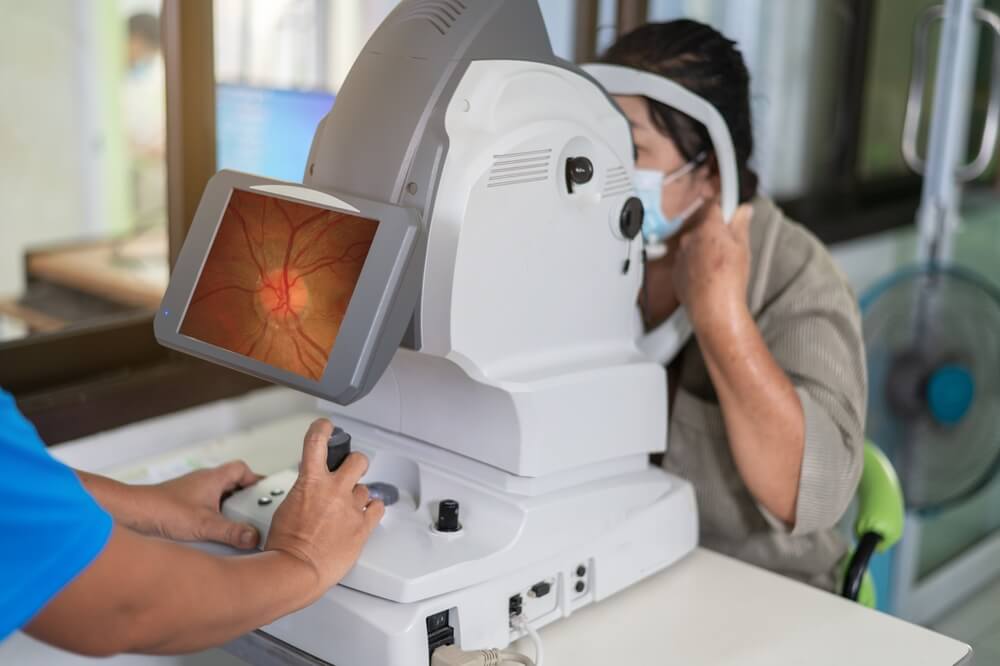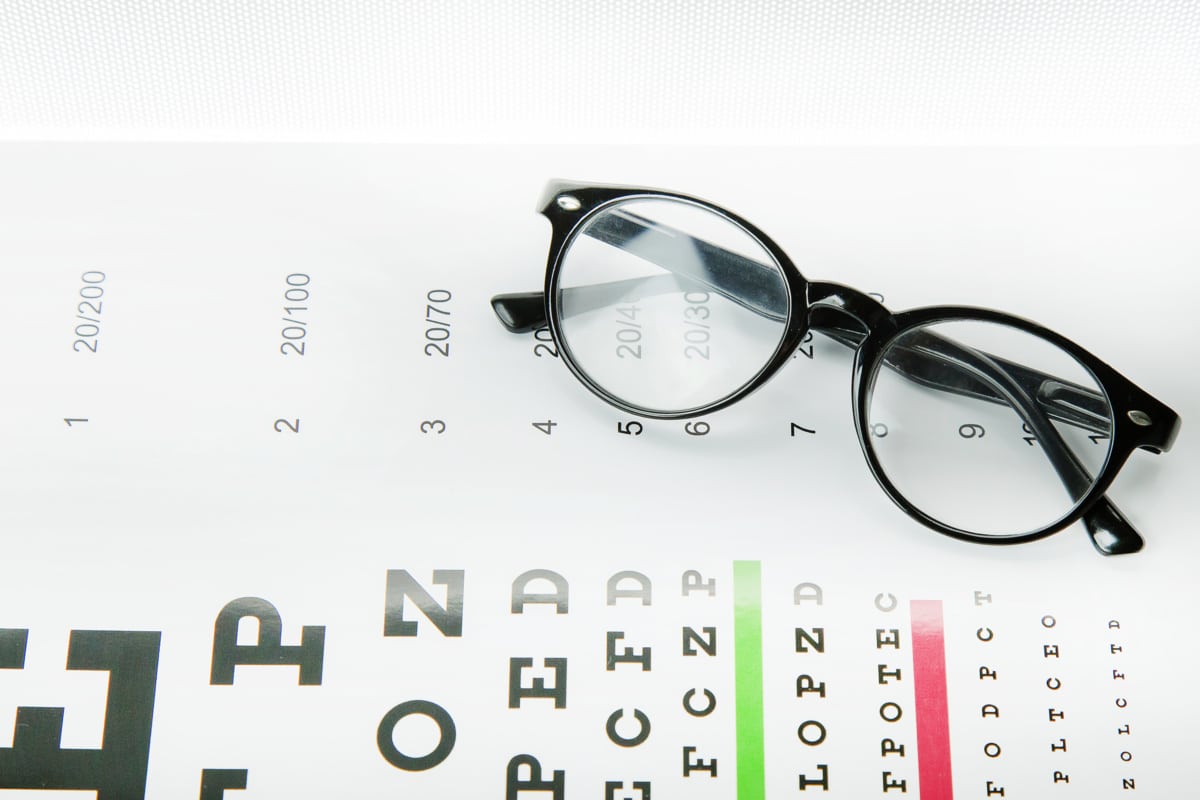When considering LASIK eye surgery, many patients feel both excitement and uncertainty. It’s a big decision, and understanding what happens during the LASIK eye surgery consultation can ease those concerns. The consultation is a critical step that involves evaluating various factors to ensure you’re a good candidate for LASIK and to discuss the best possible outcomes.
Let’s explore what you can expect during your consultation and how each component helps pave the way for a successful LASIK experience.
Understanding Your Ocular Health
One of the first and most important steps during your LASIK eye surgery consultation is assessing your overall eye health. This helps determine if your eyes are suitable for LASIK or if alternative options should be considered.
Dry Eye and Other Eye Conditions
One of the potential concerns is dry eye syndrome. LASIK can sometimes exacerbate dry eye symptoms, especially if you already suffer from mild to moderate dryness. During your consultation, your doctor will check for signs of dry eye and discuss whether this condition is well-controlled. If your dry eye is severe, it could prevent you from being a suitable candidate for LASIK, or at the very least, delay the surgery until the dryness is under control.
In addition to dry eye, other ocular conditions such as corneal health are examined. The cornea, which is the front surface of your eye, plays a critical role in LASIK surgery. If you have any undiagnosed corneal conditions or a family history of such problems, it could mean you are not a good candidate for LASIK.
Corneal Thickness Evaluation
Your corneal thickness is another vital factor considered during the consultation. LASIK involves reshaping the cornea, so having enough corneal tissue is essential to the procedure’s success. If your cornea is too thin, it may not be possible to remove enough tissue to correct your vision effectively. Fortunately, advancements in technology have led to alternative options for those who aren’t suited for traditional LASIK due to thin corneas or other concerns. Your doctor will discuss these options with you if necessary.
Assessing Your Prescription
Beyond ocular health, another major factor evaluated during a LASIK eye surgery consultation is your prescription. The type and severity of your refractive error—whether you are nearsighted, farsighted, or have astigmatism—will impact your eligibility for LASIK.
High Prescriptions and Astigmatism
For those with very high prescriptions or severe astigmatism, LASIK may not be the ideal option. These conditions require a careful evaluation to determine whether LASIK can provide the desired outcome or if another type of refractive surgery might be more appropriate. Your doctor will take detailed measurements of your eyes to ensure the chosen surgery aligns with your prescription and expectations.
Exploring Patient Motivation and Expectations
Understanding your goals and motivation is a key part of the consultation process. During your LASIK eye surgery consultation, your doctor will discuss what you’re hoping to achieve through the surgery. While LASIK can significantly reduce your dependence on glasses or contact lenses, it’s important to have realistic expectations.
Long-Term Vision Expectations
Many patients come to their consultation with the desire to be completely free from glasses. While LASIK can drastically improve your vision, it’s crucial to understand that you may still need glasses in certain situations, such as night driving or reading as you age. If being entirely free of glasses is your primary goal, your doctor may suggest considering other surgical options that better match your expectations.
A Comprehensive Approach to LASIK Surgery Candidacy
By combining an evaluation of your eye health, prescription, and personal motivation, your LASIK eye surgery consultation provides a comprehensive overview of whether LASIK is right for you. Not everyone is a candidate for LASIK, but with the ever-evolving technology in refractive surgery, there are often alternative solutions that may be a better fit.
During your consultation, your doctor will make sure that your eye health is stable, discuss any necessary precautions (such as treating dry eye beforehand), and recommend the best surgical approach for your specific needs. The goal is to ensure not just a successful surgery but also a long-term improvement in your quality of life.
Conclusion

LASIK eye surgery consultations are designed to ensure the best possible outcomes for patients, taking into account ocular health, prescription, and individual goals. Through this thorough evaluation, your doctor can help guide you to the best vision correction options available. If you’re interested in learning more or scheduling your consultation, contact Art of Optiks today to begin your journey to clearer vision.




